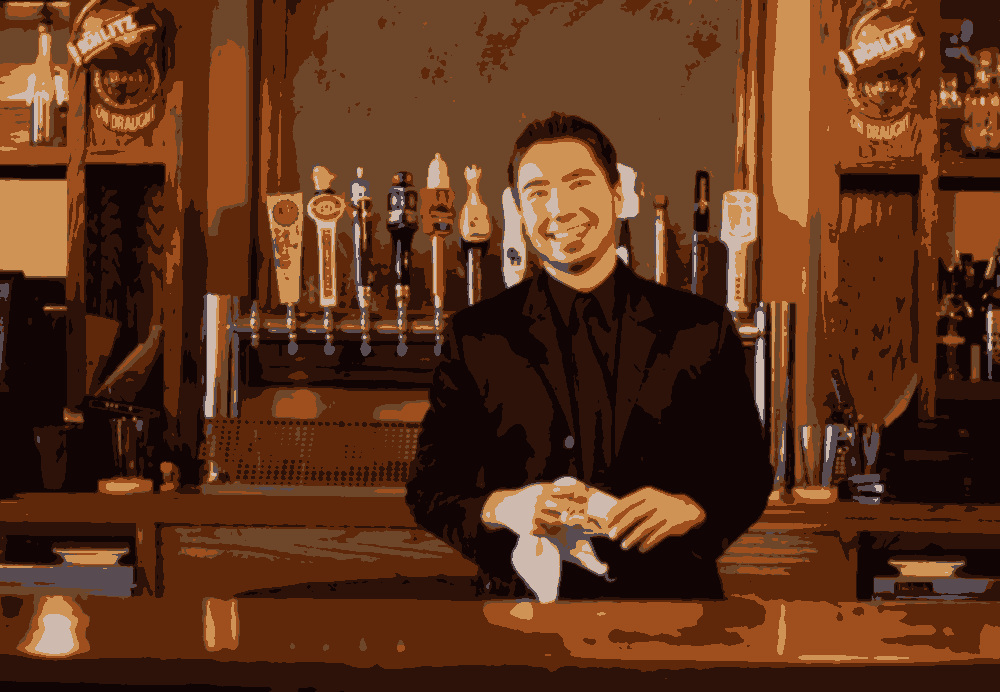‘TANFL. There ain’t no free lunch.’ Jim Butcher A few months ago, I saw a video of professionals applying for a new position. They started off bright eyed and eager, until the interviewer started describing the position. “You must be on-call for your client 365 days a year, no vacations, no holidays, and in fact holidays tend to be even… Read more →










